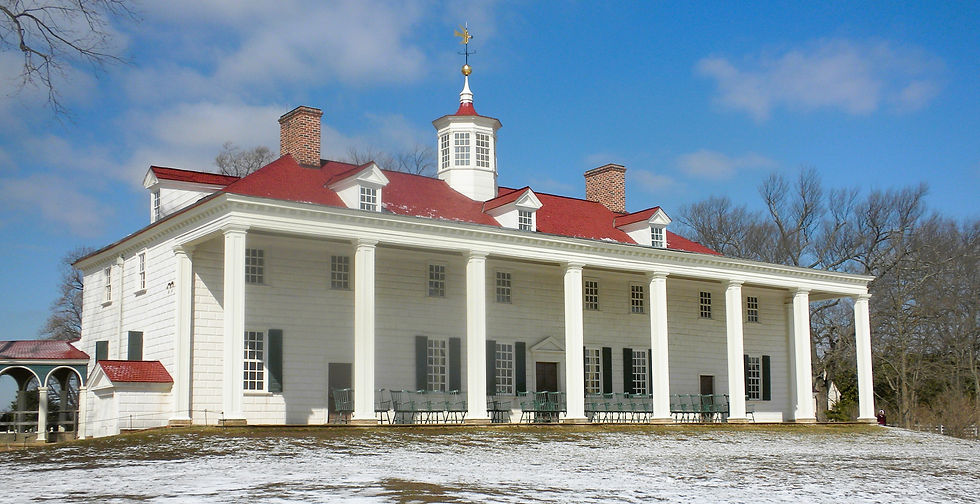Gratitude Friday 08 9 24 Walden and Its Author
- Bill Stauffer

- Aug 9, 2024
- 4 min read
“I learned this, at least, by my experiment: that if one advances confidently in the direction of his dreams, and endeavors to live the life which he has imagined, he will meet with a success unexpected in common hours.” ― Henry David Thoreau, Walden: Or, Life in the Woods

Henry David Thoreau’s classic Walden is a widely read book, yet when it was first published 170 years ago today on August 9, 1854—it sold just around 300 copies a year in that era. Now it is seen as one of the great classics, although some readers see it as dull, I think they miss his points and perspectives. It was his experiment on simple living, one in a much simpler time than we find ourselves in our current society. He lived in what was essentially a garden shed sized structure on Walden Pond in Concord, Massachusetts, starting in 1845, for two years and two months. It was along the shore of the 62-acre pond, a mile from the nearest neighbor, on land owned by his friend, poet Ralph Waldo Emerson.
I have never lived anything like that kind of simple life for any stretch of time. I do find when I unplug and spend time in nature, that it is worthy of the investment in my own well being. Going out into the woods gets me out of myself in a good way. I am not sure I could handle living in a garden shed by a pond for two years, but I would be willing to take a shot at two months. It would be a good thing for me. I suspect a few readers may also find this appealing.
He only lived for 44 years but he left a mark. Thoreau was a lifelong abolitionist, speaking out against slavery and defending John Brown. Thoreau's philosophy of civil disobedience later influenced the political thoughts and actions of notable figures such as Leo Tolstoy, Mahatma Gandhi, and Martin Luther King Jr.
I wrote about Henry David Thoreau in 2022, in a piece titled a Man in the Woods. He died young following a late-night excursion to count the rings of tree stumps during a rainstorm, he became ill with bronchitis and died a few years later. As I wrote about then, I admire that he was so excited to learn about rings in a tree stump that he had to do this when he did. To me it reveals an inquisitiveness for life. It is sad that it costs him so much yet may all of us get excited enough about the world around us that we seek to learn from it over the course of our lives. He remained inquisitive.
There was a section of Walden, near the end when he contemplates leaving his refugee in the woods and returning to society that caught my eye. From Walden pg. 157-58:
“I learned this, at least, by my experiment: that if one advances confidently in the direction of his dreams, and endeavors to live the life which he has imagined, he will meet with a success unexpected in common hours. He will put some things behind, will pass an invisible boundary; new, universal, and more liberal laws will begin to establish themselves around and within him; or the old laws be expanded, and interpreted in his favor in a more liberal sense, and he will live with the license of a higher order of beings. In proportion as he simplifies his life, the laws of the universe will appear less complex, and solitude will not be solitude, nor poverty poverty, nor weakness weakness. If you have built castles in the air, your work need not be lost; that is where they should be. Now put the foundations under them.”
As a person in recovery, the section resonated with me. There is truth, at least from my own experience, that we are limited to the extent of what we imagine in our own lives. I have advanced in some ways beyond my wildest dreams, but I was only able to do so when I began to dream big. Addiction was in part of cage of despair and hopelessness. Recovery opened up the “what if” door in ways that had never before been open. The castles in the air reference at the end of the section, at least in my mind are about having those dreams, and as Thoreau notes, we must build in life foundations worthy of our dreams. A thing for me only a possibility that bloomed in recovery.
One of the powers of the written word is this, a man who lived only 44 years wrote something on paper 170 years ago, and we can pick it up and connect with him. We can learn from him, and we can wonder with him about the possibilities presented to us in our finite time here. His experiment in the woods was an investment we can all gain from, even now, or perhaps especially now in this time and place.
I am grateful for the examples of people like Thoreau who lived fully even those his time on earth was short. A bright, splendid torch of humanity he was. He championed important civil rights issues while trying to get the most out of life by pairing it down to the essentials and paying attention to what that taught him. May we all learn from such passion and lust for life.
What are you grateful for today?










I love this piece and I love Thoreau! I am grateful for those who have found recovery; especially my son; and those who are working toward recovery everyday. And thankful for the passion for people like you and others who keep fighting for better outcomes and support!